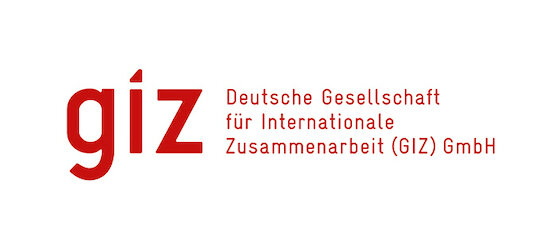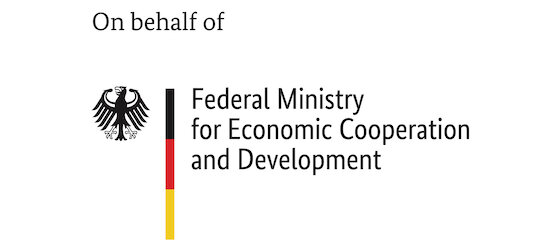Nature-based Solutions for Resilience
The latest IPCC reports (AR6) highlight the urgency of taking decisive and immediate action to address the interlinked challenges of climate change, biodiversity loss, and environmental pollution. As part of a multi-year collaboration, AGWA and the Sector Programme for Sustainable Water Policy of Deutsche Gesellschaft für Internationale Zusammenarbeit (GIZ) have been exploring the ways in which Nature-based Solutions (NbS) can help address climate adaptation and mitigation challenges as well as threats to critical ecosystems such as biodiversity loss and pollution.
As the culmination of this work, we have produced two publications exploring the issues, highlighting challenges, and presenting solutions through the use of NbS.
Nature-based Resilience: Confronting the triple planetary crisis of climate change, environmental pollution, and biodiversity loss using freshwater NbS
Addressing the “triple crisis” through sustainable use, management, and protection of freshwater ecosystems
The AR6 Working Group 2 on adaptation specifically calls out the important role of nature-based solutions (NbS) for “water-based adaptation.” At the same time, freshwater biodiversity – a key indicator of ecosystem health – is being lost at an alarming rate. One of the many negative impacts of this catastrophic loss is that it undercuts our ability to effectively adapt to climate change. Adding to this crisis, traditional conservation measures which attempt to preserve existing habitat or restore degraded ecosystems are being undermined by an uncertain climate future in which replicating or maintaining past environmental conditions may no longer be possible.
“Nature-based Resilience” will demonstrate the important contribution freshwater NbS can make in achieving climate and biodiversity targets, while also reducing water-based pollution. However, the report also argues that in order to realize the multiple benefits of freshwater NbS, we must transform the ways in which we manage freshwater ecosystems, moving from an exclusive emphasis on efficiency and preservation towards managing for resilience.
Released during UNFCCC COP27 and just ahead of COP 15.2 to the Convention on Biological Diversity (CBD) in late 2022, the report presents case study examples, rationale, and recommendations for maximizing synergies between national climate and biodiversity agendas to tackle the triple planetary crisis.
Locking Carbon in Wetlands: Enhancing Climate Action by Including Wetlands in NDCs
Capitalizing on wetlands’ potential to help us meet mitigation targets and strengthen NDCs
The way we collectively use, manage, and govern wetlands has a significant impact on national carbon budgets, the well-being and health of ecosystems, and the ability to communities to adapt to climate change. Locking Carbon in Wetlands: Enhancing Climate Action by Including Wetlands in NDCs is a report directed towards the policymakers and national climate planners with the aim to provide clear and concrete examples of how wetland conservation, restoration, and wise use can be integrated into Nationally Determined Contributions (NDCs) and used as an instrument to enhance climate ambition.
The ecosystem services provided by natural wetlands make up for 43.5% of the monetary value of all natural biomes. Yet despite their large potential to function as carbon sinks, wetlands are facing the most rapid decline of all ecosystems. This report advocates for nature-based solutions, such as wetland protection and restoration, as a means through which Parties can meet both climate mitigation and adaptation goals, while simultaneously providing significant disaster risk reduction (DRR), ecological, and societal co-benefits
AGWA, together with Wetlands International, has published the report with three goals in mind: 1) to illustrate the scientific rationale behind the use of wetlands as a climate mitigation tool; 2) to demonstrate the prevalence and function of wetlands across landscapes and geographies; and 3) to provide a set of clear policy recommendations that will enable Parties to the UNFCCC to conserve, restore and wisely use wetlands by incorporating them into their climate mitigation plans. The report and associated policy recommendations are designed to support countries in developing revised and enhanced NDCs that benefit economies, ecosystems, communities and biodiversity through climate-smart wetland management.
Additional Resources
A World Water Week 2022 session co-organized by AGWA, GIZ, and IUCN.
Acknowledgments
Both reports were made possible with support from the Sector Programme for Sustainable Water Policy of Deutsche Gesellschaft für Internationale Zusammenarbeit (GIZ) on behalf of the Federal Ministry for Economic Cooperation and Development (BMZ) of the Federal Republic of Germany.




